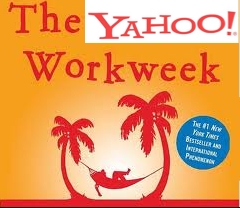A recent article from the San Francisco Chronicle highlighted how Gig economy companies are dealing with the new California independent contractor law, AB5, that went into effect on 1/1/2020.
While a lot of the attention has been on companies like Uber and Lyft, there are other Gig Work platforms that are also being affected, like Wonolo, a California based gig worker platform.
Wonolo’s workforce is similar to many other platforms, like dog walking, freelance writing, and other platforms that offer independent contractors flexible work hours, but don’t provide benefits. This flexible, no benefits model just got harder to maintain in California, however.
Because Wonolo workers don’t meet the stated exemptions in AB5, the company has chosen to shut down gig operations in California. This is going to be an interesting ride, because California is one of Wonolo’s primary markets. Wonolo, and other applications might be able to continue to scale outside of California, or they’ll face changing to an employee model, similar to typical staffing firms.
What is AB5, and who does it affect?
California AB5 clarifies and creates exemptions to the California Supreme Court 2018 ruling, name Dynamex, making it harder for California companies to classify workers as independent contractors.
In short, AB5 creates a 3 step litmus test. Workers are considered employees, if:
* They perform tasks under a company’s control,
* The work is integral to the company’s business,
* The worker does not have independent enterprises in that trade.
This is going to be interesting to watch, because Uber, Lyft and other large gig platform companies are not laying down on this new classification. They’re fighting the law in court, while also proposing a new law to be listed in upcoming public elections.
There’s no doubt that flexibility of work options is a primary driver of the gig economy. It’s also one of the newest and biggest competitors to the traditional warehouse, hospitality, quick serve restaurant, and other part-time employers.






